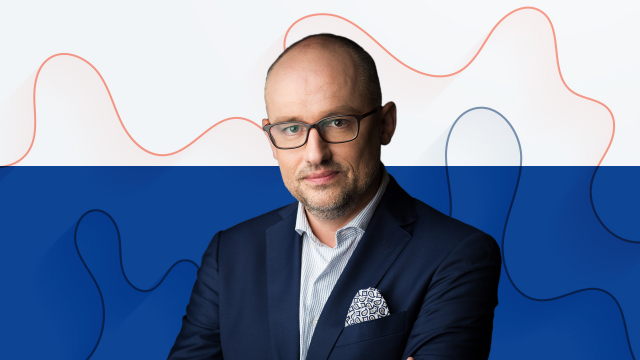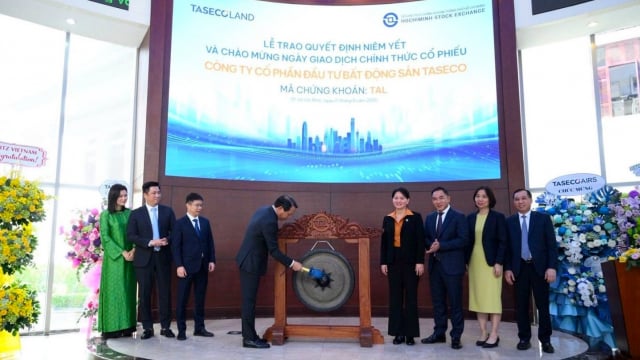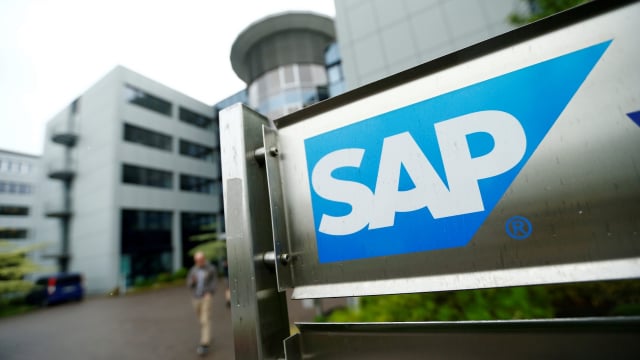Business
How will the contribution fee for the compulsory collection and recycling tool be used?
According to Phan Tuan Hung, director of the Legal Department under the Ministry of Natural Resources and Environment, the contribution fee for the collection, recycling and treatment of hazardous waste is mandatory for the purpose of encouraging businesses to adjust their product design as well as their production and business methods toward an environmentally beneficial direction.
The 2020 Law on Environmental Protection (LEP) introduces the concept of circular economy through fostering policy, highlighting the responsibility of producers and importers to recycle products and packaging.
Following this, the government issued Article 54 and Article 55 which details requirements on collection, disposal, and recycling of waste products, plastic waste, and others.
In details, Article 54 provides that “Organizations and individuals producing and/or importing products and packages with recycling value shall implement the recycling at the obligatory rates and according to prescribed specifications."
Article 55 states that “Organizations and individuals producing and/or importing packages, containing toxic substances, which are hardly recyclable or impede the collection and treatment, shall pay financial contributions to support daily-life solid waste treatment activities.”
While lots of businesses concerned about the cost pressure, Hung affirmed that the contribution fee is to encourage businesses to not only organize their own collection and recycling, but also change the product design.
He added that the purpose of the EPR fee is not to "collect more money". The EPR policy is only really successful when manufacturers and importers no longer have to pay EPR fees.
Fausto Tazzi, vice president of Vietnam Packaging Recycling Organization (PRO Vietnam), commented that in order to achieve the expected outcome, the mandatory collection and recycling rates need to be determined appropriately and scientifically.
"If the collection and recycling targets are set too high, businesses will choose to make financial contributions to 'don't have to think too much', instead of finding ways to optimize production and business activities," said Fausto.
How to use EPR money?
To enforce the extended responsibility of producers, the EPR operates under a general mechanism, with the Producer Responsibility Organization (PRO) acting as the center of the system.
It represents the producers to organize the collection and recycling of abandoned products and packages of producers and importers, and perform other duties related to the recycling responsibility, such as registration of recycling, and reporting on recycling results, communication to raise community awareness of garbage sorting at source.
Under this mechanism, the producers may select recycling forms via PRO, or through financial payments to the Vietnam Environmental Protection Fund.
This money of the fund will be used to support the following activities, incuding collection, transportation and treatment of residential solid wastes from family households; research and development of solid waste treatment technologies, techniques and innovations; and collection, transportation and treatment of plant protection drug packages.
How companies are transitioning in circular economy
Samsung Vietnam appoints its first Vietnamese senior executive
Samsung Vietnam appoints Nguyen Hoang Giang to SEVT senior leadership, the first Vietnamese executive in the company’s local manufacturing units.
Michelin leads the smart mobility revolution with data and AI
Michelin is undergoing a strong transformation by applying AI and smart analytic, helping lead the smart, safe, and sustainable mobility revolution in the Industry 4.0 era.
LG Innotek secures $200 million IFC loan following revenue drop
LG Innotek Vietnam Hai Phong secured a $200 million IFC loan as revenue slows, aiming to expand camera module production while meeting sustainability targets.
Leading with empathy in Vietnam’s billion-dollar investment flows
For Koen Soenens, Sales and Marketing Director at DEEP C, empathy is a compass that guides major deals, the way a leader builds a team, and the ambition to create a sustainable industrial zone that carries a Vietnamese identity.
Taseco Land’s new logo marks a new growth trajectory
Taseco Land has shifted its listing to HOSE and introduced a new upward-pointing arrow logo - a visual statement of its strategy to raise capital, expand its land bank, and strengthen its standing in Vietnam’s real estate sector
SAP positions Vietnam as key R&D hub with €150 million investment
Located in the heart of Ho Chi Minh City, SAP Labs Vietnam is the second SAP Labs Network hub in Southeast Asia, following Singapore and is one of 20 countries that have SAP Labs globally.
































![[Hỏi đáp] Bỏ thuế khoán có cần đổi thông tin đăng ký kinh doanh?](https://t.ex-cdn.com/theleader.vn/192w/files/news/2025/12/03/bo-thue-khoan-ho-kinh-doanh-2325.jpg)
![[Hỏi đáp] Tỷ lệ thuế GTGT và TNCN có đổi khi bỏ thuế khoán?](https://t.ex-cdn.com/theleader.vn/192w/files/news/2025/12/03/ke-khai-thue-ho-kinh-doanh-phi-mon-bai-1708.jpg)








